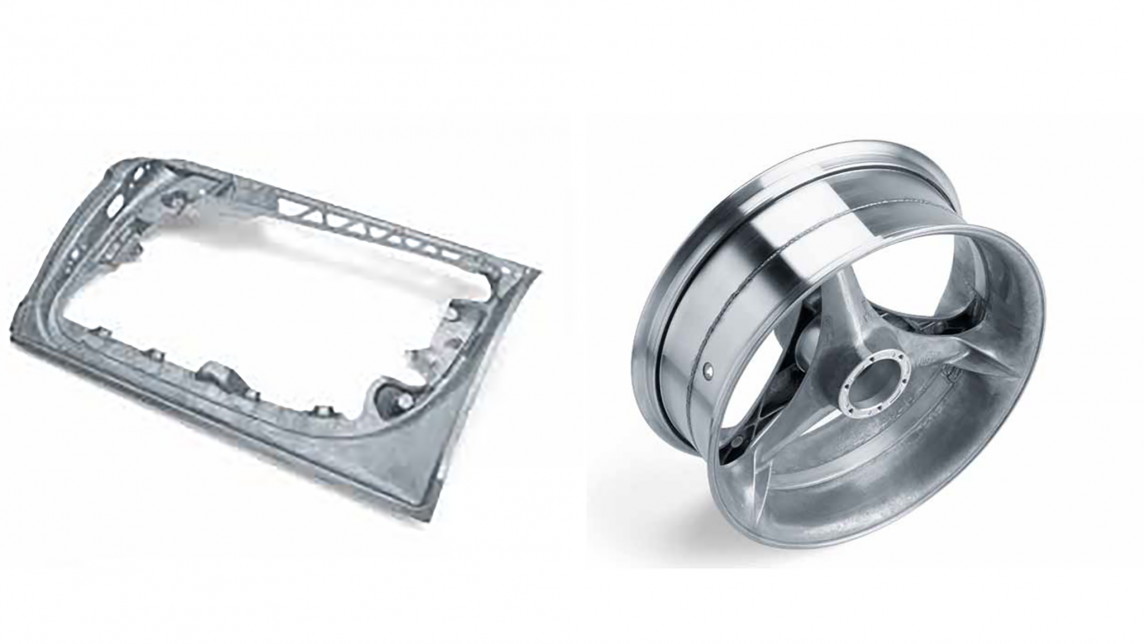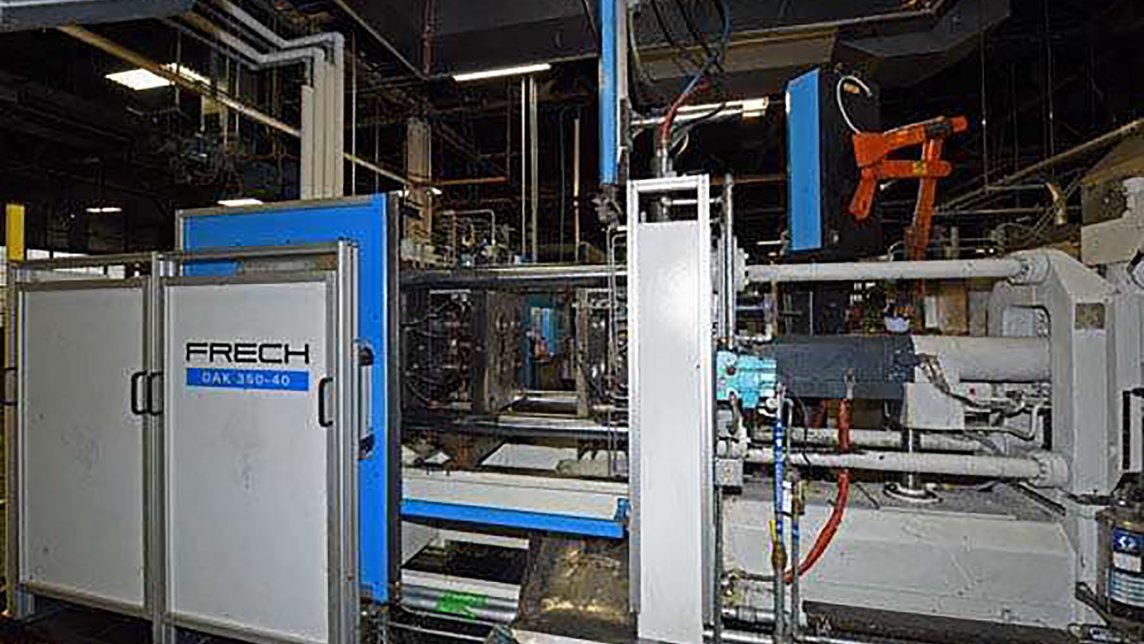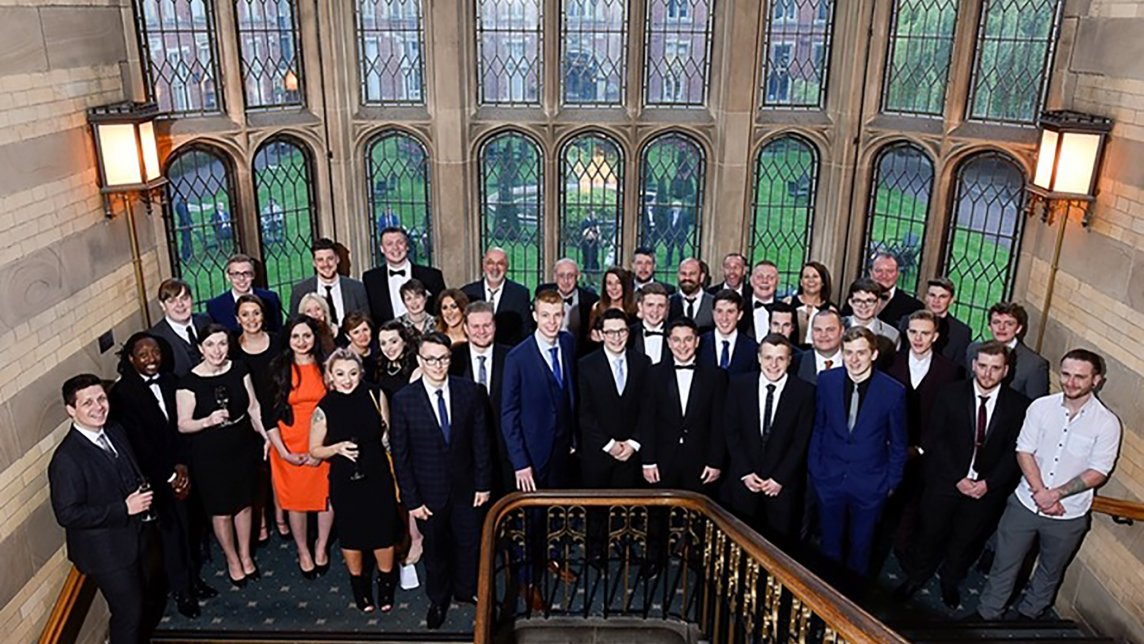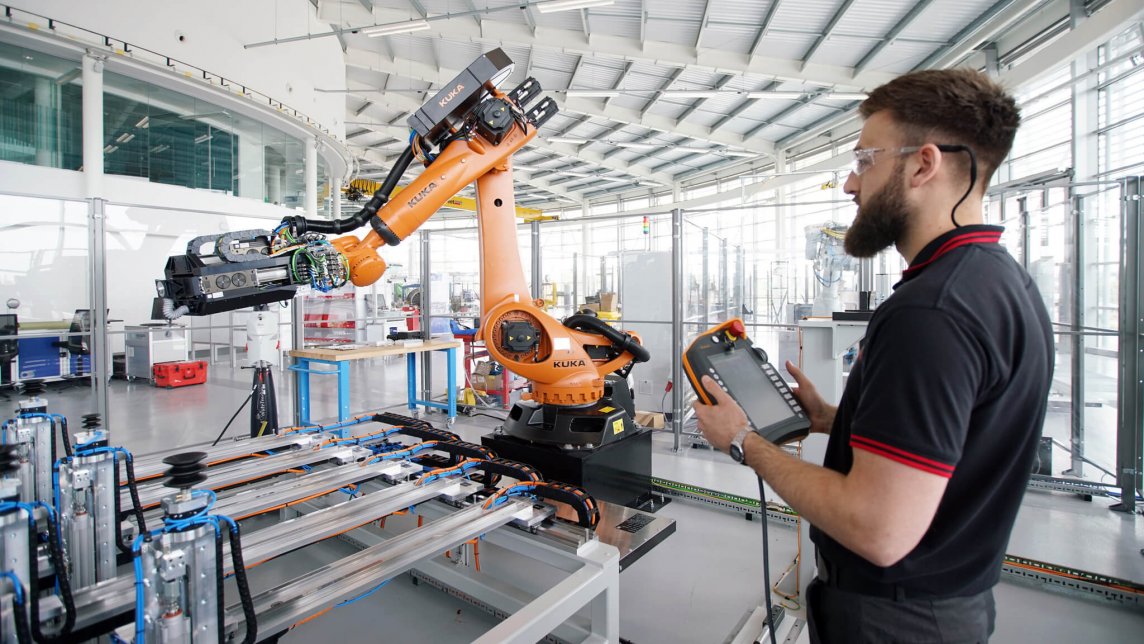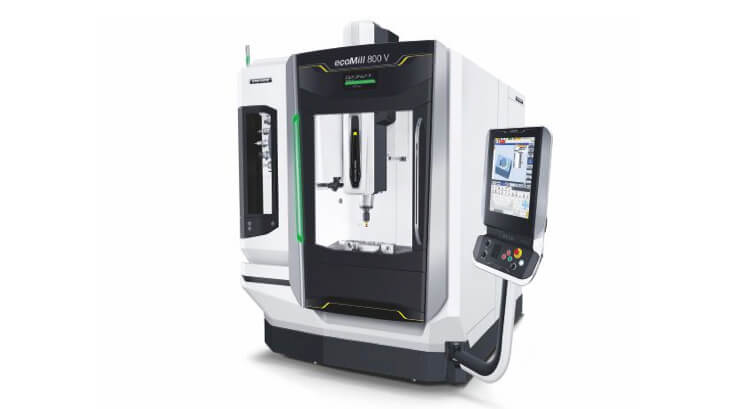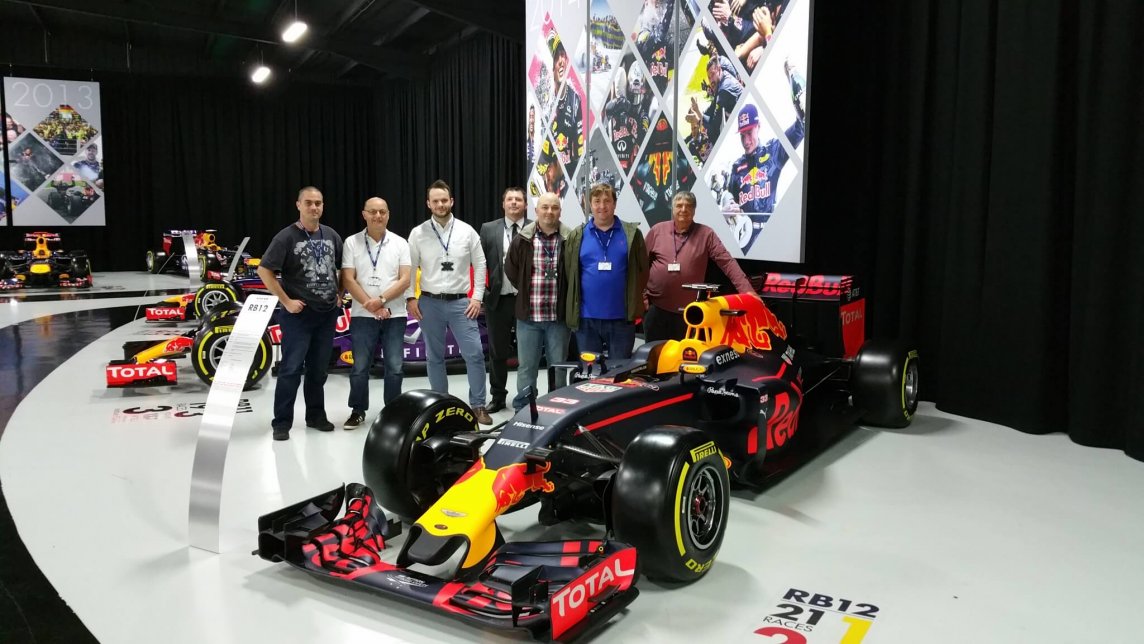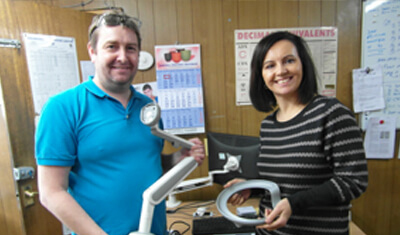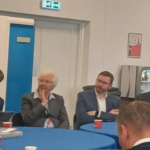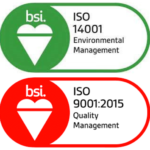In Spring this year W Hallam was invited to take part in an Engineering Employers Federation (EEF) survey organised by the Institute of Employment Studies to investigate the extent to which investment in health and wellbeing good practice improves productivity and profitability.
This study provides clear evidence to encourage manufacturers to develop their health and wellbeing strategies. Dame Judith Hackitt DBE, EEF Chair, concluded that:-
“The report brings together existing research into health and wellbeing, insights into productivity in manufacturing and survey data from manufacturers. The findings present a compelling case that not only does employee wellbeing affect productivity in several ways, but also that it can be the crucial ingredient which helps a range of so-called ‘high-performance’ and ‘high-efficiency’ working practices in manufacturing (e.g. lean systems) to have real and sustained traction over productivity growth.”
The report refers to international studies identifying productivity gains of more than 15% where health and wellbeing interventions are introduced into the manufacturing workplace. Interestingly these studies also show that initiatives such as lean, six sigma and total quality management are much more sustainably effective where wellbeing policies are also implemented.
In relation to mental health, the survey reveals that although current practice in the sector exhibits an “enthusiasm for conducting risk assessments of physical hazards” very few respondents carried out stress or psychological risk audits or surveys. However studies in Japan and America identify significantly lower productivity (between 13 and 17% lower) associated with employees with psychological problems.
The report defines employee “health and well being” as follows:
“Employee health and wellbeing relates to those aspects of an employee’s physical, emotional and mental health – whether determined by work or non-work factors – which have an effect on their satisfaction, engagement, attendance and performance at work”
Any policy framework should address job design, employee involvement and employee engagement, and the employer should introduce engagement surveys, stress and psychological risk assessments and detailed scrutiny of sickness absence and patterns.
In terms of specific interventions, Public Health England, in conjunction with Business in the Community, provides a series of downloadable toolkits for employers to apply in specific areas of potential disruption to wellbeing including drug and alcohol addiction, domestic abuse, mental health, musculoskeletal health, suicide risk, crisis management, physical activity, sleep and recovery after illness.
For its part, W Hallam undertakes regular employee screening over and above those statutorily required and including the free NHS blood pressure, cholesterol level and and BMI checks for the over 40s. We find that these measures are a crucial element in enhancing employee engagement and lead to more openness and sharing, which can then be extended to all aspects of the company’s operations
Rob Pickersgill, MD, W Hallam Castings Ltd, South Yorkshire, England.

